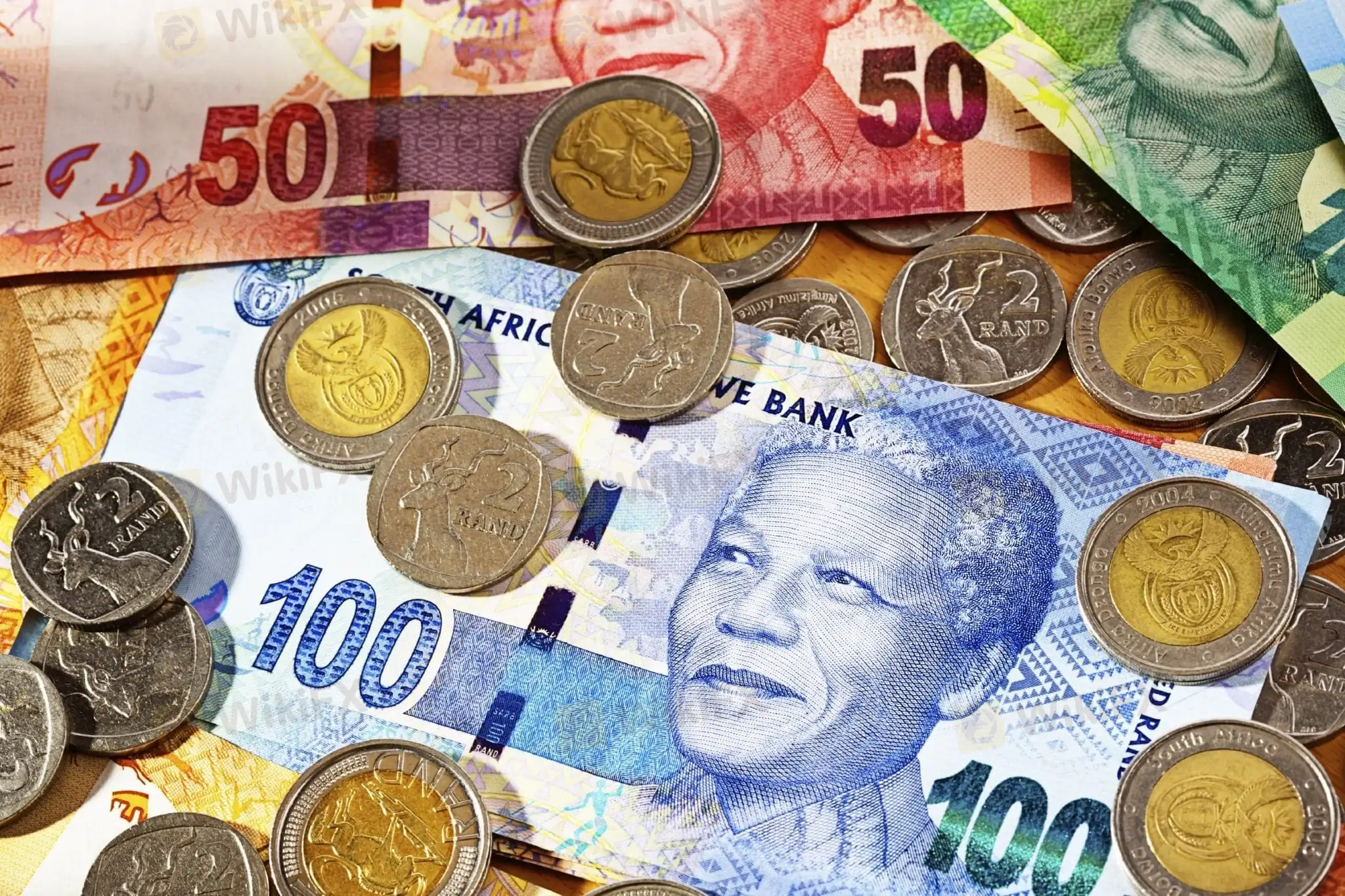简体中文
繁體中文
English
Pусский
日本語
ภาษาไทย
Tiếng Việt
Bahasa Indonesia
Español
हिन्दी
Filippiiniläinen
Français
Deutsch
Português
Türkçe
한국어
العربية
Why has the rand become the most popular emerging-market currency this year?
Abstract:The US central bank's unambiguous warnings that it will boost rates quickly this week shook markets throughout the world.The minutes from the Federal Reserve's most recent monetary policy meeting, released this week, revealed that officials were concerned about inflation but confident in the US economy's capacity to weather interest rate rises.

The US central bank's unambiguous warnings that it will boost rates quickly this week shook markets throughout the world.The minutes from the Federal Reserve's most recent monetary policy meeting, released this week, revealed that officials were concerned about inflation but confident in the US economy's capacity to weather interest rate rises.
The minutes stated, “It may become necessary to increase the federal funds rate sooner or at a quicker pace than participants had previously anticipated.”This sent shockwaves across global markets, with stocks plummeting as investors weighed the implications of increasing interest rates on consumer spending and corporate debt levels.It was also expected to damage the rand since the dollar would earn higher interest rates, making the rand appear less appealing in comparison. The rand, on the other hand, has strengthened. It was last seen at R15.58, after trading over R16/$ earlier this week.
According to Wichard Cilliers, head of market risk and chief dealer at TreasuryONE, the rand has surged against all forecasts and is currently the strongest emerging market currency for 2022. According to Citadel's senior economist Maarten Ackerman, a lower rand would be expected ahead of aggressive interest rate rises in the United States, but the rand was supported by other reasons. The anticipation that the SA Reserve Bank will likewise boost rates quickly, which the markets have begun to price in, is one of them. According to Ackerman, the bank made it clear that if the US raises interest rates, it would not just remain unchanged.
“I believe market players have begun pricing in that our local rates would rise as well, given the SA Reserve Bank's direction [at the most recent MPC meeting], now that the Fed is becoming more active.” The next policy meeting of the local bank will take place on January 25. The rand was also bolstered by recent gains in commodity prices, according to Ackerman. South Africa is a commodity exporter.
The Bloomberg Commodity Index began to turn positive in mid-December after coming under pressure because to concerns about the impact of the new Omicron Covid-19 version on global economic development. While Omicron appears to be more infectious, it appears that fewer individuals are being admitted to hospitals. “Perhaps as a result of that, there won't be an economic disaster,” argues Ackerman. Commodity prices rose as a result of this.
“Typically, higher commodity prices are favorable of developing market currencies, particularly for significant commodity exporters like South Africa,” he noted. Sanisha Packirisamy, an economist at Momentum Investments, agrees that markets are pricing in a less severe outcome from the Omicron variant than the previous Delta and Beta variants, which overburdened healthcare facilities and necessitated a longer period of isolation and quarantine, affecting many economic sectors.

Disclaimer:
The views in this article only represent the author's personal views, and do not constitute investment advice on this platform. This platform does not guarantee the accuracy, completeness and timeliness of the information in the article, and will not be liable for any loss caused by the use of or reliance on the information in the article.
Read more

The president of @Liberland, @Vít Jedlička come on stage, dialogue on trading security.
The 2025 WikiEXPO Hong Kong Station is about to grandly open. the president of @Liberland, @Vít Jedlička come on stage, dialogue on trading security.

Countdown: 1 day.WikiEXPO2025's first stop, Hong Kong, is about to open.
⏰ Countdown: 1 day. WikiEXPO2025's first stop, Hong Kong, is just tomorrow. Focus on transaction security and explore new investment opportunities. ???? Get ready to start now. See you tomorrow.

A Must-To-Watch Top Trading Pairs This 2025
Discover the top trading pairs to watch this week, including Bitcoin, Euro, USD, and more. Market trends, key resistance levels, and price movements analyzed.

Best Binary Options Indicators: Enhance Your Trading Strategy
Binary options trading involves predicting whether an asset's price will rise or fall within a specific timeframe. Unlike traditional investing, more specifically, binary options demand rapid decisions due to fixed expiry times (e.g., 60 seconds to 1 hour). For instance, speculating if EUR/USD will be above 1.0800 in the next five minutes. Success yields a fixed payout, while failure results in the loss of invested capital. Binary indicators distill complex market data—price action, volume, volatility—into actionable signals tailored for short-term trades. Indicators act as a compass, guiding traders to trends, reversals, and optimal entry points, thus enabling traders to detect market shifts for higher-probability decisions.
WikiFX Broker
Latest News
The Withdrawal Trap: How Scam Brokers Lure Victims into Paying More
FCA to Investors: Think Twice Before Trusting These Brokers
Trump\s tariffs: How could they affect the UK and your money
Trump gambles it all on global tariffs he\s wanted for decades
TradingView Brings Live Market Charts to Telegram Users with New Mini App
Trump tariffs: How will India navigate a world on the brink of a trade war?
Interactive Brokers Launches Forecast Contracts in Canada for Market Predictions
Authorities Alert: MAS Impersonation Scam Hits Singapore
IG Group Acquires Freetrade for £160M to Expand UK Investment Market
U.S. March ISM Manufacturing PMI Released
Currency Calculator







